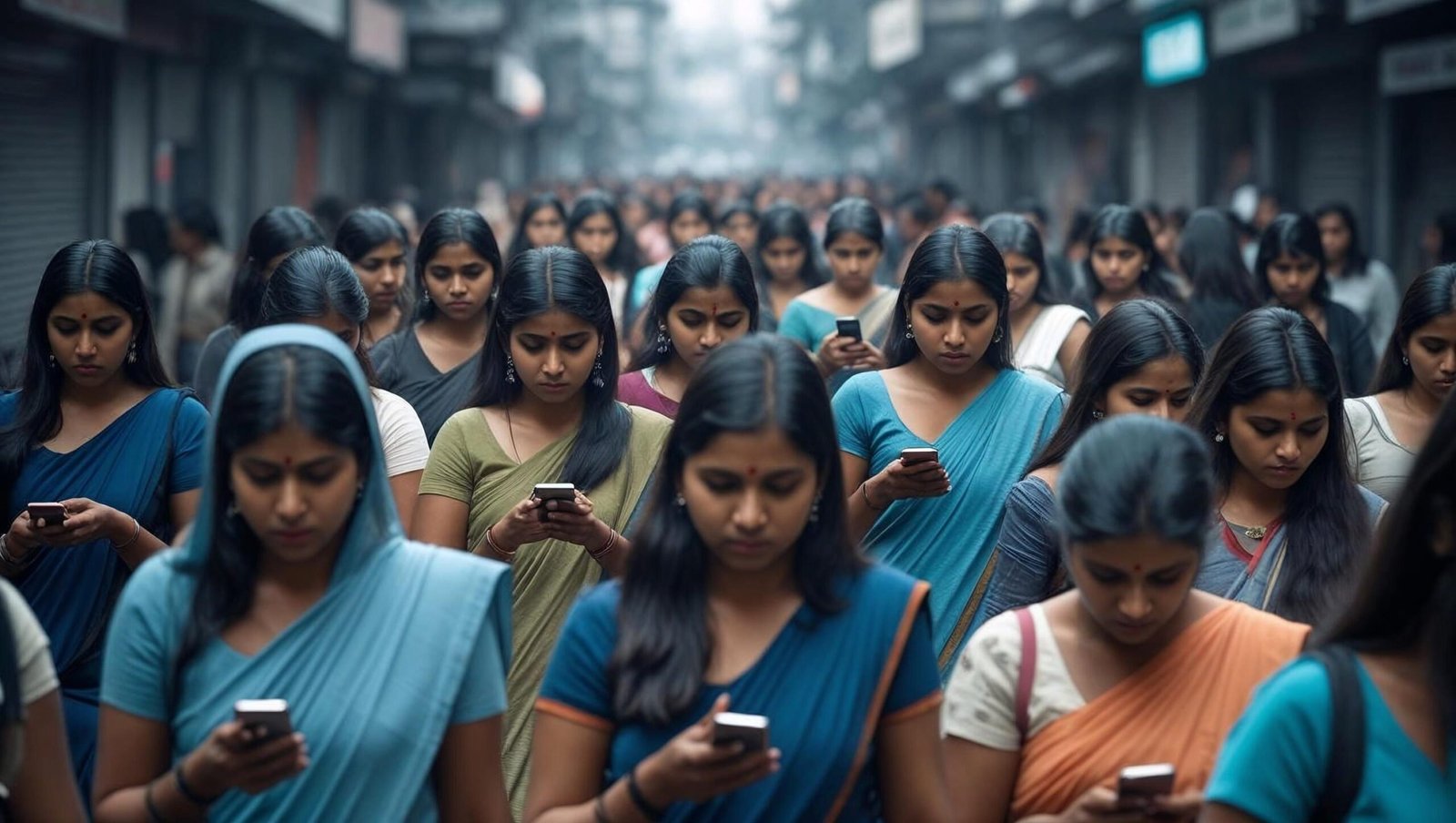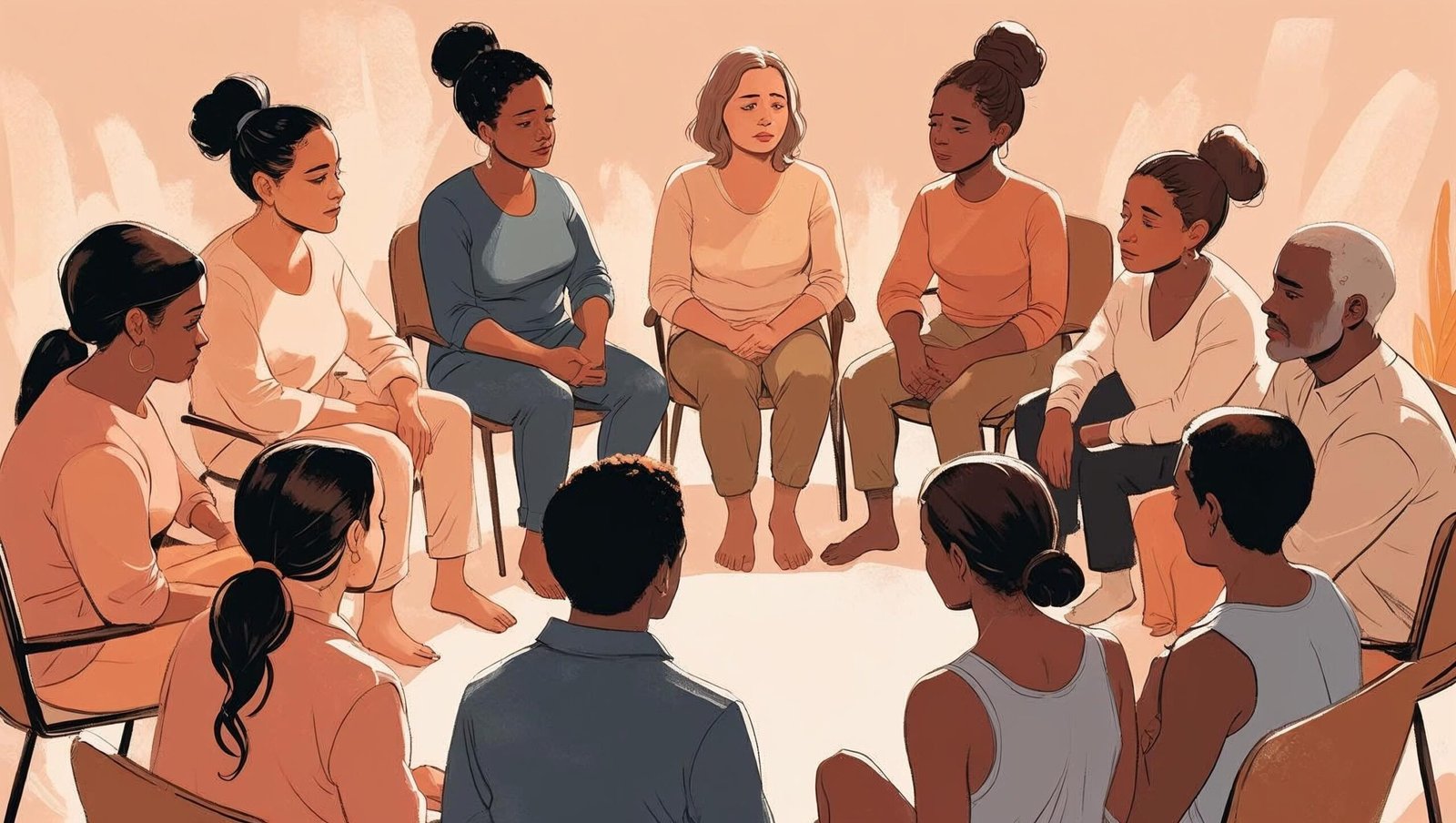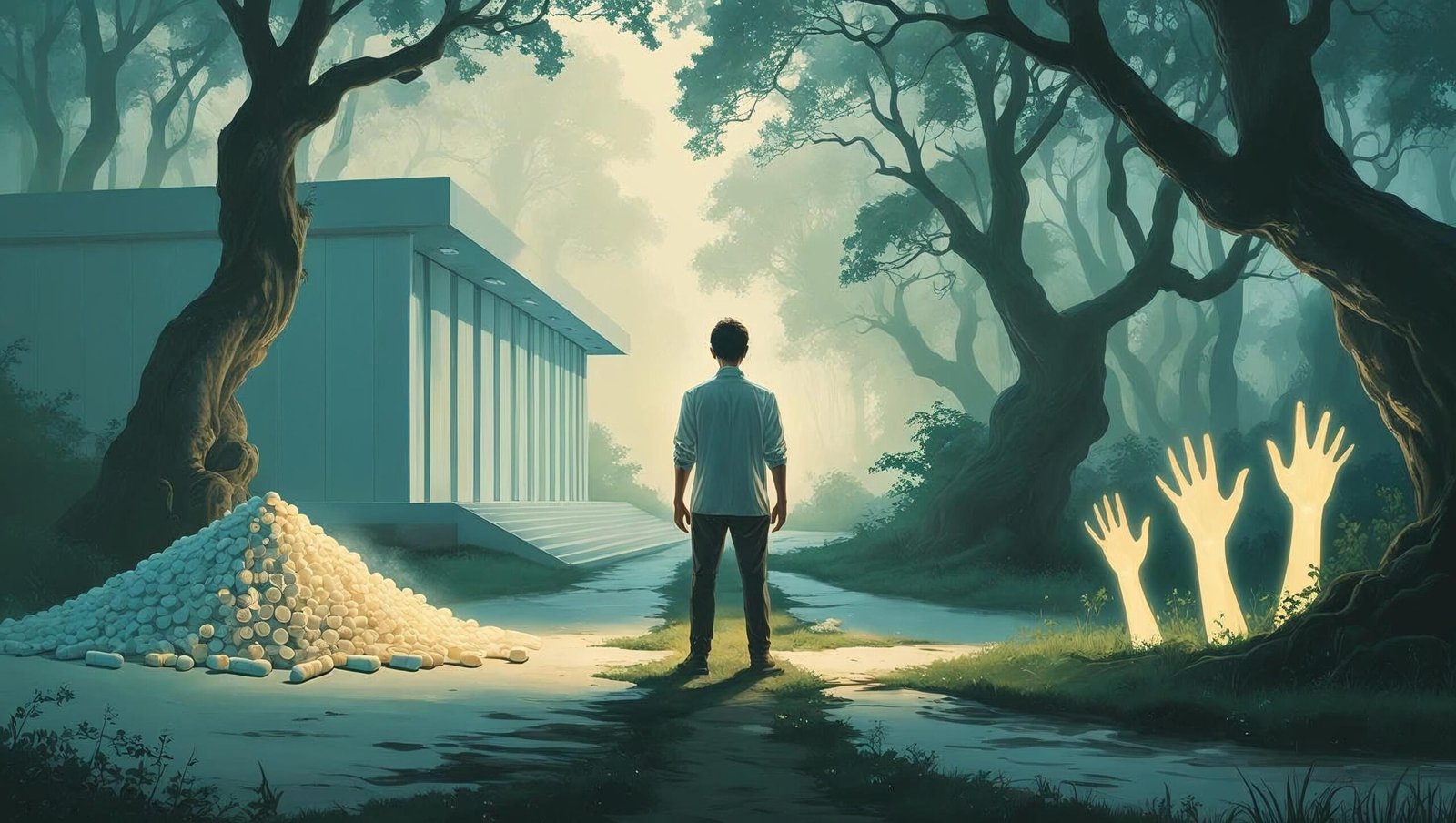Lost Connections by Johann Hari: 9 Powerful Truths That Will Change Your View on Depression
This in-depth review of Lost Connections by Johann Hari does not merely serve as a literary critique but stands as a comprehensive meditation on the roots of human despair. It traverses beyond symptoms and medications, reaching into the psychological, sociological, and existential causes of depression and anxiety.
In a society saturated with pharmaceutical interventions, Lost Connections by Johann Hari presents a bold and compassionate argument—that perhaps our suffering stems not from a chemical imbalance, but from a series of broken connections that define modern life.

About the Author: Johann Hari
Johann Hari, a British-Swiss journalist of considerable acclaim, is the author of Chasing the Scream and now Lost Connections. Known for his investigative depth and lyrical prose, Hari candidly explores his own history with depression while traversing the world to uncover deeper truths.
His sincerity and vulnerability give Lost Connections by Johann Hari a tone that is both profoundly intellectual and achingly human. He is not just researching depression—he is recovering from it.
The Central Premise
The conventional wisdom about depression—that it is primarily caused by a chemical imbalance in the brain—is rigorously challenged in Lost Connections by Johann Hari. Through interviews with leading psychologists, sociologists, and individuals struggling with mental illness, Hari identifies nine forms of disconnection as the true root causes of modern emotional suffering.
This review will distill these nine lost connections and the seven meaningful reconnections he proposes. It will also offer critical reflections on the strength of Hari’s arguments and his style of narration.
Breaking the Myth of the Chemical Imbalance
The first section of Lost Connections by Johann Hari questions the foundational assumptions of modern psychiatry. Hari interviews renowned scholars such as Dr. Irving Kirsch, who reveals that antidepressants perform only marginally better than placebos in many cases.
Hari acknowledges that biology plays a role in depression, but he contends that it is not the only story—or even the most important one. The real question, he argues, is not “What’s wrong with you?” but “What has happened to you?”
Nine Forms of Disconnection That Cause Depression
1. Disconnection from Meaningful Work
People trapped in monotonous, exploitative jobs suffer not simply from physical fatigue but spiritual emptiness. Lost Connections by Johann Hari emphasizes that the absence of autonomy and purpose in one’s labour corrodes mental health.
Hari highlights studies where empowering workers with control over their duties significantly improved their psychological well-being.
2. Disconnection from Other People
Despite our online connectivity, loneliness prevails. Hari contends that emotional intimacy—not casual digital exchanges—is the antidote to despair. This section of Lost Connections by Johann Hari resonates particularly with our post-pandemic reality.
From Berlin to Baltimore, he documents communities that thrive on mutual care and shared vulnerability, arguing that isolation is not a symptom of depression—it is a cause.
3. Disconnection from Meaningful Values
We are urged to chase money, beauty, and social status—external rewards that offer fleeting satisfaction. Hari asserts that a loss of intrinsic values, like kindness, purpose, and self-acceptance, undermines our mental equilibrium.
In Lost Connections by Johann Hari, a particularly powerful moment involves research showing that the more one is driven by extrinsic goals, the more likely one is to experience depression.
4. Disconnection from Childhood Trauma
Adverse childhood experiences cast long shadows. Hari examines how unresolved emotional wounds from the past calcify into chronic sadness. He invites the reader not to pathologize pain, but to understand it.
This segment of Lost Connections by Johann Hari is deeply personal, including his own reflections on growing up in a home where pain was not permitted to surface.

5. Disconnection from Status and Respect
We live in a society obsessed with hierarchies. Whether through economic inequality or cultural marginalisation, the erosion of status brings about a psychological erosion. Hari relates this to the work of Michael Marmot, who showed how powerlessness causes illness.
Lost Connections by Johann Hari thus highlights that social justice and mental health are intricately intertwined.
6. Disconnection from the Natural World
Hari recalls how even a short visit to nature can recalibrate the mind. From community gardens in London to wilderness retreats in Canada, Lost Connections by Johann Hari insists that reconnection with Earth restores what artificial environments deplete.
7. Disconnection from a Secure Future
Financial anxiety, job precarity, and societal instability create what Hari calls a “perpetual low-level panic.” Without stability, our mental resilience frays. Hari explores how economic insecurity has become a daily psychological assault.
8. The Real Role of Genes and Brain Chemistry
While Hari critiques the “chemical imbalance” narrative, he does not dismiss biology altogether. He recognizes the role of genetic predispositions and neurological patterns, but he frames them as contributors, not sole causes.
Lost Connections by Johann Hari excels here by advocating for nuance over dogma.
9. The Limited Role of Antidepressants
Finally, Hari turns to the most debated issue—medication. He acknowledges that for some, antidepressants provide genuine relief. But for many, they are a temporary fix that do not address underlying issues.
He urges readers not to reject medication outright but to see it as part of a broader toolkit of healing.
The Cultural Fabric of Disconnection
To fully comprehend the gravity of what Johann Hari posits in Lost Connections by Johann Hari, we must move beyond individual experiences and zoom out to the broader cultural tapestry in which modern mental suffering is intricately woven. The systems that govern our daily lives—economic, political, technological—often breed alienation rather than intimacy, and superficiality rather than substance.
Our 21st-century culture is marked by speed and distraction. The economy encourages endless productivity over presence, while technology increasingly replaces human touch with algorithmic approximation. In such an environment, the individual is not only estranged from others but is subtly conditioned to be estranged from themselves. The internal monologue becomes one of inadequacy, comparison, and endless striving.
This invisible corrosion of the self is one of the most chilling observations in Lost Connections by Johann Hari. Hari does not merely critique the mental health system—he critiques the very society that perpetuates and profits from despair. The book becomes a mirror, asking not just what is broken in the individual, but what is broken in the collective.
Depression in the Digital Age
A pivotal area that merits further discussion is how the digital revolution has compounded our psychological malaise. The proliferation of social media, while seemingly connecting the world, has paradoxically given rise to increased levels of loneliness, envy, and inadequacy. Platforms designed to keep us scrolling hijack our attention and fragment our sense of self.
Hari references this phenomenon, albeit briefly, but its implications are enormous. Studies now link excessive screen time and passive social media consumption with rising rates of anxiety and depression—particularly among adolescents. When our primary form of social interaction becomes curated performance rather than genuine connection, it creates a chasm between how we live and how we are perceived.
The loss of authenticity in our interactions reflects another of the book’s major themes: that we are increasingly disconnected not only from others but from our own internal truths. This self-alienation is perhaps the most insidious form of suffering—because it is often silent, unarticulated, and normalized.

The Role of Education in Reconnection
An underexplored yet crucial avenue in Hari’s thesis is the role that education can play in fostering reconnection. Today’s educational systems, particularly in urban and competitive environments, are often structured around performance metrics, standardised testing, and external validation. Students are rarely taught emotional intelligence, relational literacy, or the value of intrinsic motivation.
If we are to heal the fractures discussed in Lost Connections by Johann Hari, our educational institutions must undergo a philosophical transformation. Curriculum must include mindfulness, community service, self-reflection, and the cultivation of inner values. These are not peripheral soft skills—they are the very foundation of mental resilience.
Indeed, some pioneering schools across the world are experimenting with such integrative models, and the results have been promising: lower dropout rates, reduced bullying, and enhanced emotional well-being among students. Reconnection must begin young, and it must be institutionalised as a normative part of learning.
The Economics of Emotional Health
Another profound insight, though less elaborated in Hari’s book, is the economic cost of unaddressed mental health issues. Depression and anxiety are not merely private afflictions; they manifest in lost productivity, strained healthcare systems, and societal dysfunction.
If governments and corporations continue to treat mental health as a personal issue detached from socioeconomic context, they miss the broader picture. Paid leave, secure employment, equitable access to healthcare, and the right to housing are not simply social welfare initiatives—they are psychological interventions at scale.
One of the most revolutionary ideas in Lost Connections by Johann Hari is that healing cannot always be confined to the therapist’s room or the psychiatrist’s clinic. Healing must be structural. It must be built into our cities, our workplaces, and our public policies. It must be democratic, inclusive, and universal.
Spiritual Yearning in a Secular Age
While the book is deeply grounded in science and sociology, there remains a subtle thread of existential longing that permeates its pages. In deconstructing modern depression, Hari uncovers a spiritual vacuum—a loss not merely of community or meaning but of the sacred.
We live in a world that often derides or marginalizes the spiritual. Yet many who suffer from depression articulate a loss of connection to something greater than themselves—whether that be nature, divinity, creativity, or a sense of destiny. Hari stops short of advocating for religion, but he invites the reader to rediscover awe, transcendence, and purpose.
Perhaps this is where the greatest healing lies. Not in turning inward and pathologizing our pain, but in expanding outward into communion—with others, with the Earth, and with the vast mystery of life.
Art, Literature, and Collective Catharsis
The arts have long been a mirror to human suffering, a vessel for catharsis, and a channel for empathy. From ancient tragedy to modern cinema, storytelling allows us to process grief, navigate despair, and reconnect with our shared humanity.
In the context of Lost Connections by Johann Hari, art becomes a medium of reconnection. Whether through memoir, poetry, music, or visual narrative, expressive culture validates emotions that society often represses. It reminds us that we are not alone, that sorrow is not weakness, and that beauty can arise from even the darkest pain.
Hari’s own writing could be considered a work of literary activism. It blends journalism with personal narrative, research with reflection, to awaken not only the mind but the soul.
Final Reflections on the Focus Keyword
As we round off this extended meditation on Lost Connections by Johann Hari, it is imperative to reiterate that the book is not merely a rejection of current psychiatric norms, but a blueprint for reinvention. It challenges the reductionist narrative that has long dominated the discourse around mental health, offering in its place a symphony of reconnection—personal, communal, ecological, and existential.
In a time when the world is becoming more fragmented, more superficial, and more automated, Lost Connections by Johann Hari reclaims the dignity of the human soul. It does not merely ask us to feel better—it asks us to live differently.

Seven Paths to Reconnection
In the latter half of Lost Connections by Johann Hari, the tone shifts from diagnosis to prescription—from despair to hope.
1. Reconnection with Others
Hari explores communal living experiments, group therapy models, and friendship-building practices that combat isolation. The message is simple yet profound: we need each other.
2. Reconnection with Meaningful WorkCooperatives and purpose-driven work environments offer autonomy, dignity, and connection. Lost Connections by Johann Hari offers these as potential blueprints for corporate reform.
3. Reconnection with Meaningful Values
Hari advocates for introspection—redefining success, questioning capitalism’s moral narrative, and returning to what truly enriches the soul.
4. Reconnection Through Sympathetic Joy
Drawing from Buddhist philosophy, Hari introduces the concept of mudita—the capacity to find joy in others’ happiness. Lost Connections by Johann Hari recommends practicing gratitude and empathy over envy.
5. Reconnection with Nature
Nature therapy programs and green spaces in urban settings are not luxuries but necessities. Hari champions environmental policy as mental health policy.
6. Reconnection with a Secure Future
Social safety nets, universal basic income, and housing rights are not just economic policies—they are psychological stabilizers.
7. Reconnection Through Healing Trauma
Finally, Lost Connections by Johann Hari concludes that acknowledgment, not avoidance, is the only path through pain. Narrative therapy, EMDR, and communal storytelling become instruments of healing.
Narrative Style and Tone
Johann Hari writes with the precision of a journalist and the tenderness of a memoirist. His tone is earnest, evocative, and devoid of pretension. He presents complex ideas in accessible language, backed by rigorous research.
In this Lost Connections by Johann Hari review, one cannot overlook the power of storytelling that binds the chapters—making theory deeply personal.
Strengths and Criticisms
The greatest strength of Lost Connections by Johann Hari is its paradigm shift—it does not offer easy answers but insists we ask better questions.
Critics argue that some of the studies he cites may be overstated, and his conclusions, while moving, are sometimes utopian. However, this review maintains that the book’s emotional resonance and ethical urgency far outweigh such limitations.
Why This Book Matters Now
We live in an era marked by crisis—of loneliness, of identity, of ecological decay. Lost Connections by Johann Hari addresses these not as separate threads but as strands of the same tapestry.
In a society built on division, the book offers unity. In a culture obsessed with individual achievement, it offers collective healing.

FAQs: Lost Connections by Johann Hari
Q1. What is the central argument of Lost Connections by Johann Hari?
That depression and anxiety are largely caused by social disconnection and not merely by a chemical imbalance in the brain.
Q2. Is the book against antidepressants?
Not entirely. Hari acknowledges their usefulness for some, but argues they should not be the default solution.
Q3. Who should read this book?
Anyone dealing with mental health challenges, mental health professionals, and individuals seeking a deeper understanding of human suffering.
Q4. Is Lost Connections by Johann Hari based on research?
Yes, the book references over 200 scientific studies and includes interviews with global experts.
Q5. Is the tone accessible to lay readers?
Absolutely. Hari writes in clear, compassionate language that avoids jargon.
Conclusion: A Manifesto of Healing
In conclusion, Lost Connections by Johann Hari is not just a book—it is a movement. A call to remember that we are creatures of connection. That our suffering often reflects not pathology but unmet needs. That healing is not only personal—it is political, communal, and spiritual.
This review of Lost Connections by Johann Hari urges every reader to look beyond the self and begin the work of reconnection—with nature, with community, and most importantly, with their own story.
🌐 For more insightful reviews and thoughtful content, visit:
shubhanshuinsights.com
💬 Reader Comments:
-
“This review moved me to tears. Thank you for such depth.”
-
“I’m buying the book today. This reflection was life-changing.”
-
“Finally, someone speaks the truth about depression and society.”